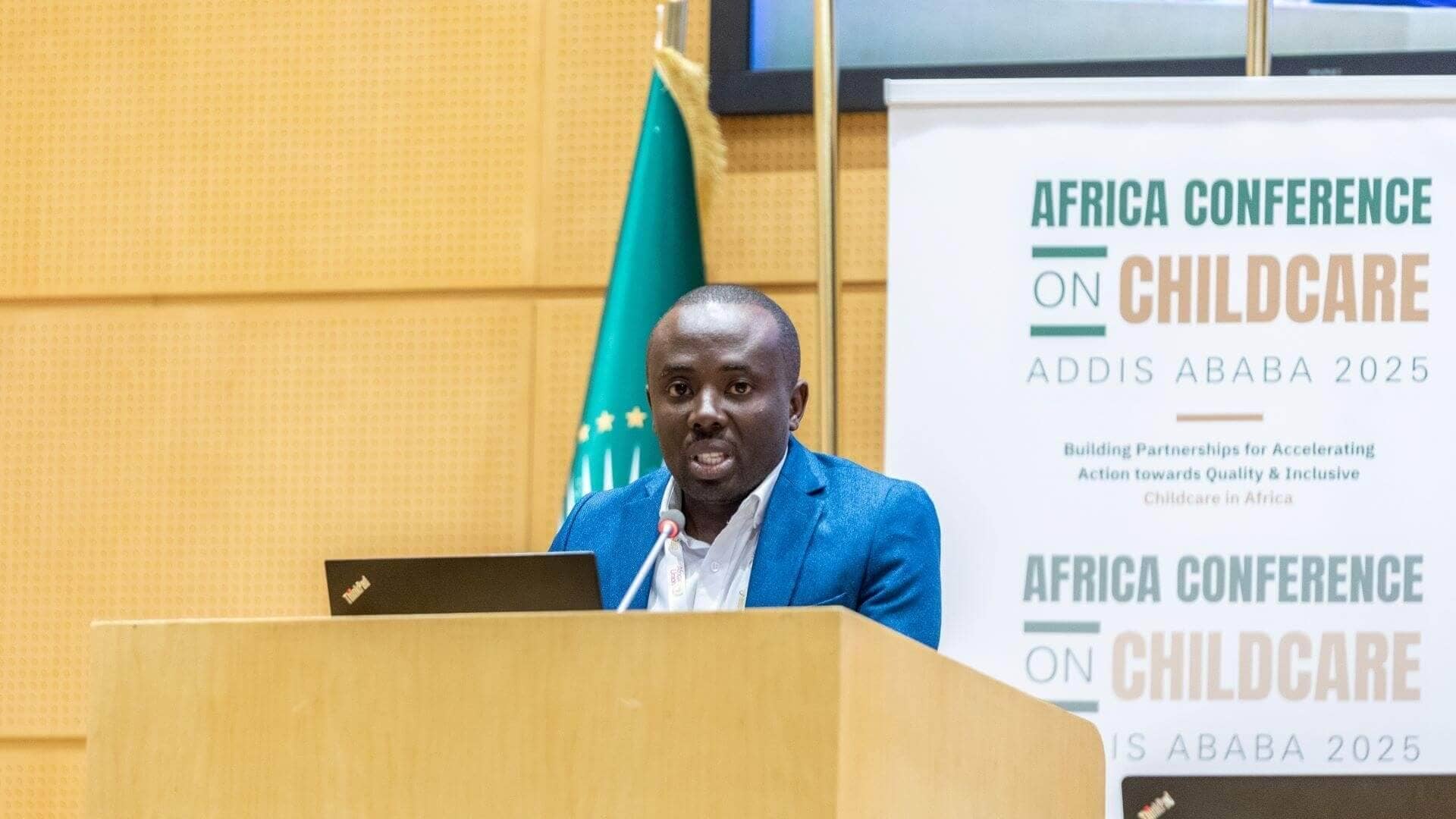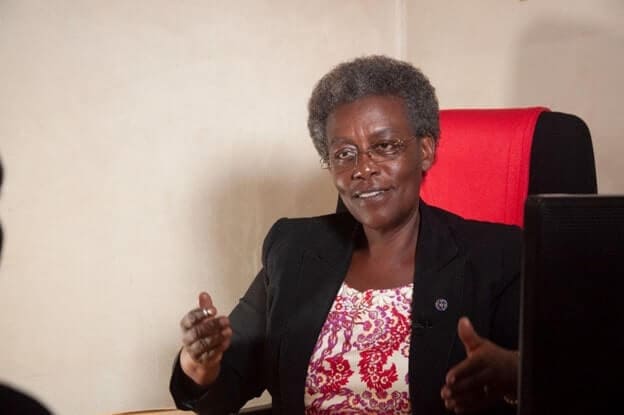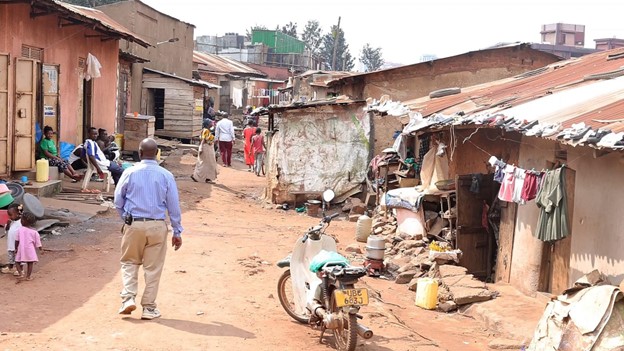An ECD Center was exactly what our Community Needed
An ECD Center was exactly what our Community Needed
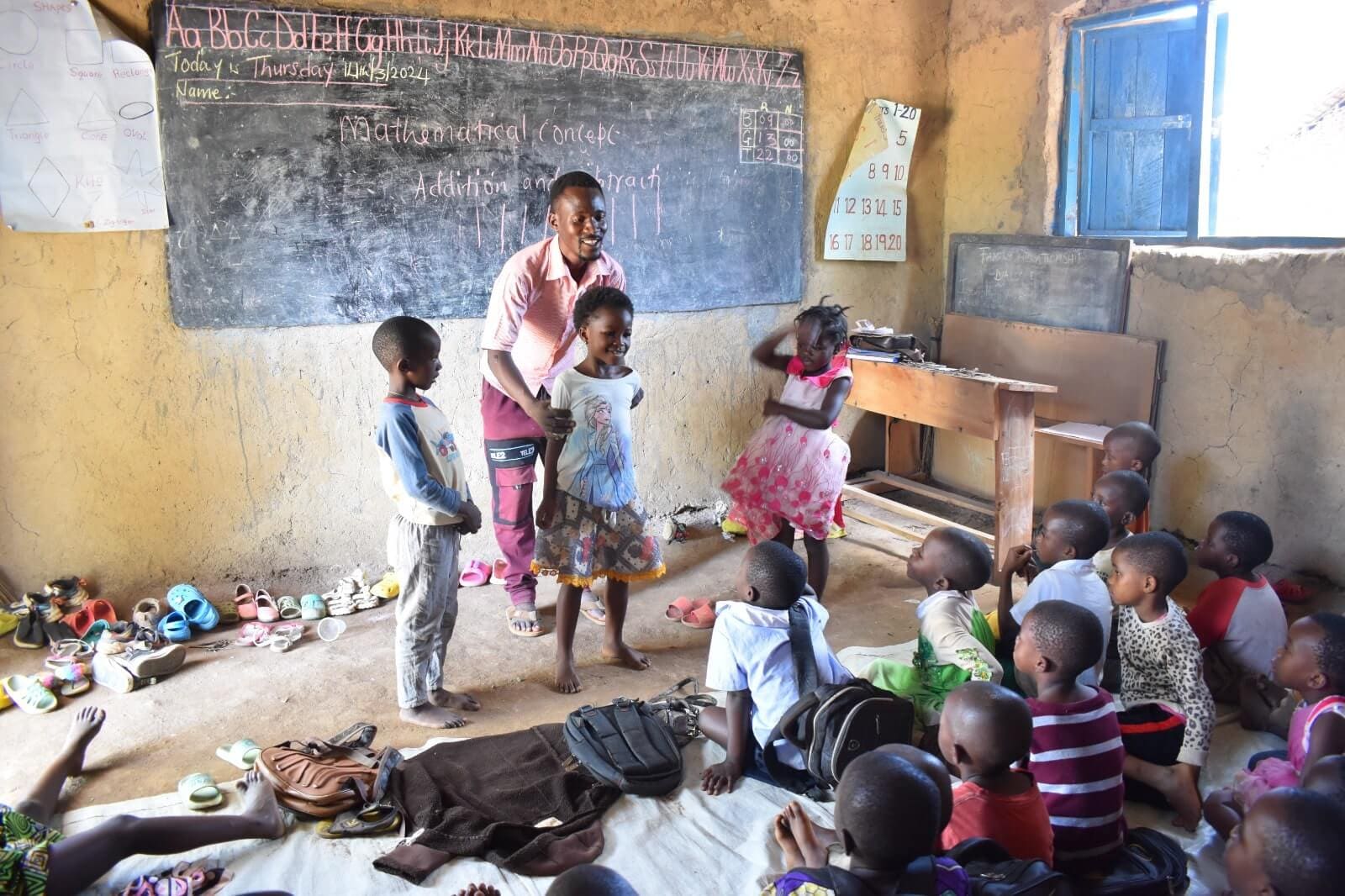
Bruno Tumwekwase interacts with children in class. He believes that attending ECD prepares a child for successful school life
Bruno Tumwekwase, 31, lives in Bukere Village, Kyaka II Settlement in Kyegegwa District with his wife and three children. He worried for his children’s future, a dream to have an education due to lack of Early Childhood Development (ECD) centers in the village. So when an ECD center was started in his community, he did not hesitate to sign up for the job of caregiver on a voluntary basis.
Every single day, Tumwekwase educates his young class at the St. Peter’s Early Childhood Development Center. With heart and soul, he believes that supporting young children benefits the whole community. “Starting an ECD was exactly what our community needed. I was fully involved in the process of starting the center in 2023, and signed up for the job because I was very much aware of the poor learning situation of the children in our village,” he says.
Kulea Watoto provided caregivers at the ECD center with much needed knowledge and skills they needed to create nurturing and stimulating environments for young children to ensure positive outcomes for both children and their families.
“We were just teaching children based on our past experiences. (But) after that training, we were equipped with skills on how to teach the children according to their developmental stages that we learnt during the training. We also learned how to handle children with special needs, giving them ample time to finish their assignments, and encouraging other children to support them and play with them during time of play,” Tumwekwase says.
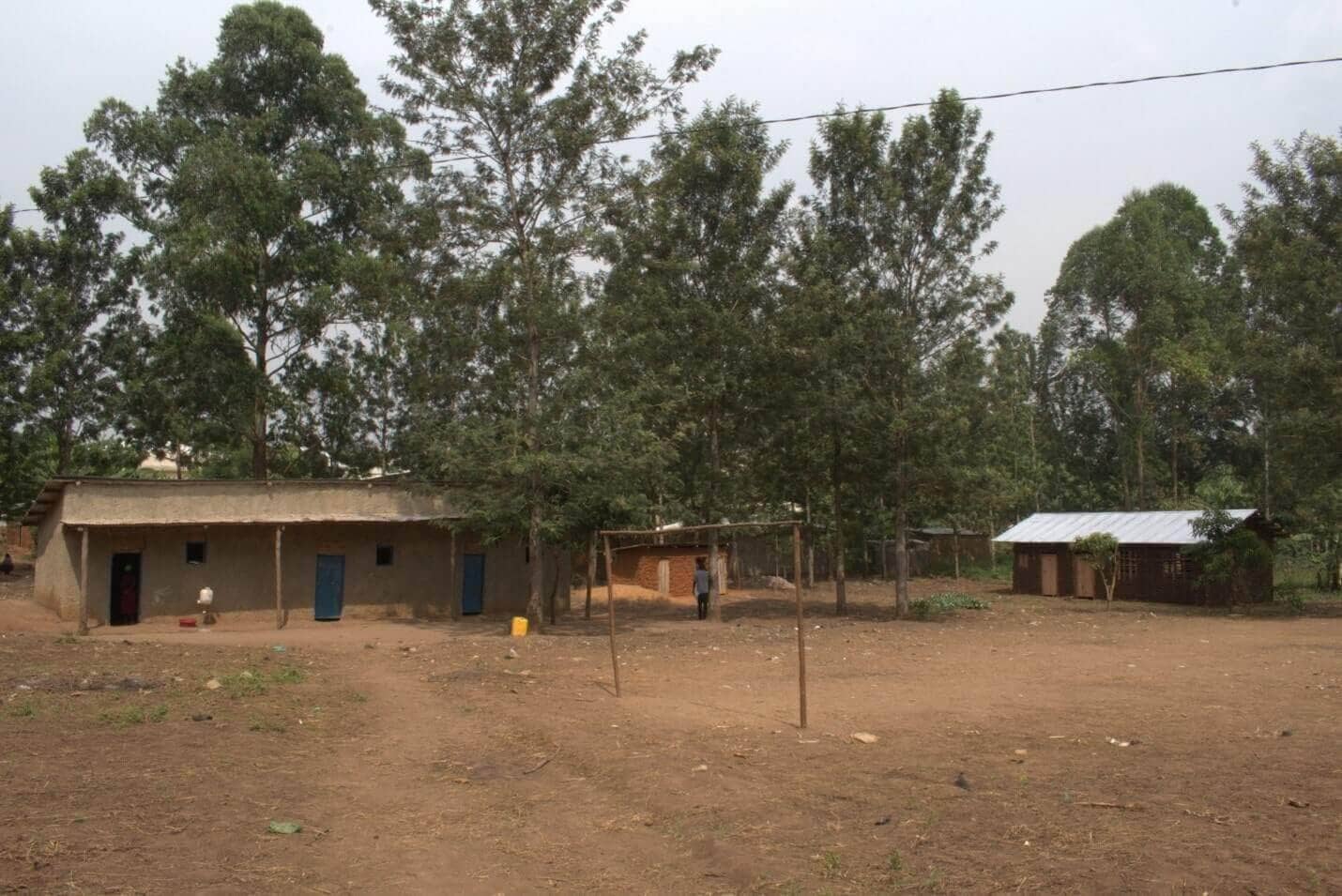
St. Peter’s ECD in Bukere, Kyaka II Refugee Settlement. The ECD nurtures 79 learners from the host and refugee communities
The ECD center started with only 06 children when it opened its doors in January 2023 and by the end of the year, enrolment was at 79. This, according to Tumwekwase, is down to allowing parents to be part of the Center Management Committee (CMC) which manages administration matters at the center. “They feel a sense of ownership to the school,” he says, “and with this, they all want to be fully involved in matters pertaining the school.”
The importance of the St. Peter’s ECD center cannot be underestimated for the community in Bukere whose population continues to shoot with arrival of more refugees, and to Tukwekwase, the center will forever change the fortunes of their community.
“In the future there will be less illiteracy in our community. I have seen in areas I visit that children who attended ECD centers perform better in school. They are less shy than other children. They make easier contact with teachers and with each other. Learning is less challenging for them,” he says.
With the limited rains experienced in Kyegegwa lately, parents together with care givers are planting variety of food for the children. The crops that include sweet potatoes, maize and vegetables once harvested will be sold to enable caregivers and parents to provide meals to children. Through its CMC, the center continues to engage parents to find ways of regularly packing food for their children as they come to school.
Alice Ntebeinwe is a parent at the St. Peter’s ECD center. Like other parents, she is thankful for the training she has received from teachers on utilizing small spaces of land at her home to plant fast consumable foods.
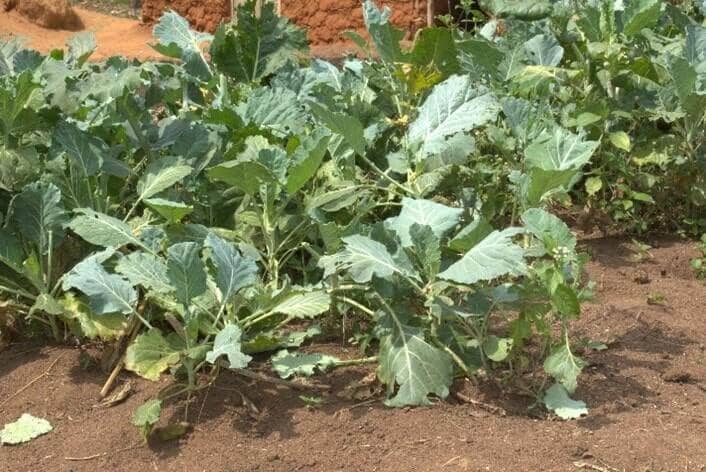 | 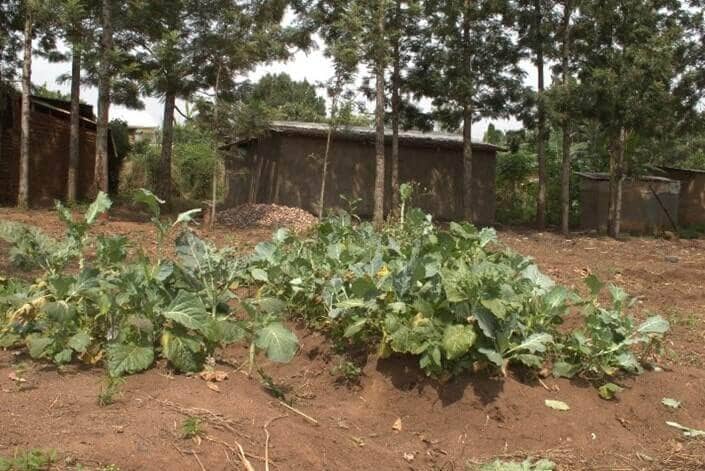 |
Vegetables that are being grown at the St Peter’s ECD in Bukere. The vegetables provide nutritious meals for learners
“At the school, there is a model garden where teachers who have been trained by Kulea Watoto teach us about using the small land we have to grow vegetables that can supplement diets of our children. I am so happy with these trainings because I have grown enough food to feed my children, and pack some for them when they are coming to school so that they don’t spend the day hungry,” she says.
Indeed, providing comprehensive early childhood development (ECD) services to all young children aged 0-6 and their families is difficult under the best of circumstances. In times of crisis, especially a refugee emergency, the challenges are exacerbated. As the number of refugees at Kyaka II Refugee Settlement continues to grow, it is becoming even more urgent to ensure that displaced young children are supported sufficiently to achieve their developmental potential and are kept in nurturing environments.

